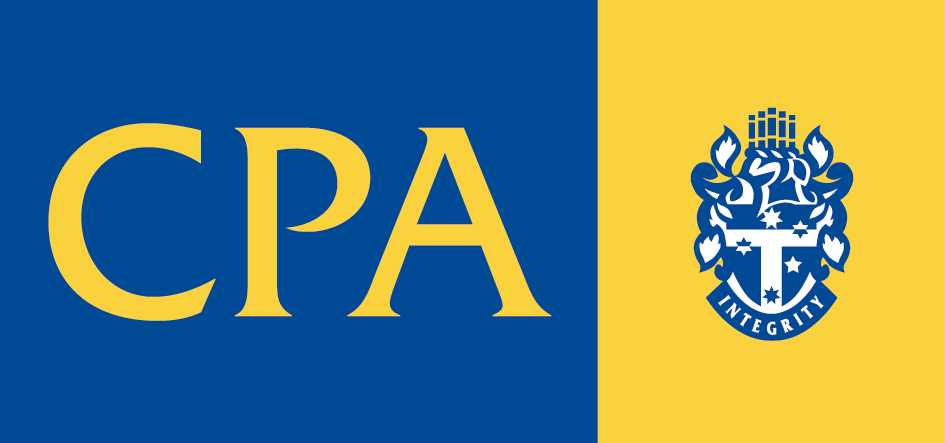Fringe Benefits Tax 2019
The Fringe Benefits Tax (FBT) year ended on 31 March 2019. We’ve outlined the key hot spots for employers and employees.
- Motor vehicles – using the company car outside of work
- New updated FBT exemption safe harbour for utes and commercial vehicles
- Salary sacrifice or employee contribution – where employers are getting it wrong
- Housekeeping essentials – FBT rates and how to save some time
- Not registered for FBT – the areas where the ATO’s view might differ
Motor Vehicles – using the company car outside of work
Just because your business buys a motor vehicle and it is used as a work vehicle, that alone does not mean that the car is exempt from FBT. If you use the car for private purposes – pick the kids up from school, do the shopping, use it freely on weekends, garage it at home, your spouse uses it – FBT is likely to apply. While we’re sure the old, “what the Australian Tax Office (ATO) doesn’t know won’t hurt them” mentality often applies when the FBT returns are completed, it might not be enough. The private use of work vehicles is firmly in the sites of the ATO. Private use is when you use a car provided by your employer (this includes directors) outside of simply travelling for work related purposes. If the work vehicle is garaged at or near your home, even if only for security reasons, it is taken to be available for private use regardless of whether or not you have permission to use the car privately. Similarly, where the place of employment and residence are the same, the car is taken to be available for the private use of the employee. Finding out that a car has been used for non work-related purposes is not that difficult. Often, the odometer readings don’t match the work schedule of the business. These are areas the ATO will be looking at.
Utes and commercial vehicles – the updated safe harbour to avoid FBT
When an employer provides an employee with the use of a car or other vehicle then this would generally be treated as a car fringe benefit or residual fringe benefit and could potentially trigger a FBT liability.
However, the FBT Act contains some exemptions which can apply in situations where certain vehicles that are not considered “cars” (e.g. utes and other commercial vehicles) are provided and the private use of the vehicles is limited to work-related travel, and other private use that is ‘minor, infrequent and irregular’.
In these situations, just having a motor vehicle which meets the definition of an exempt vehicle does not make the FBT exemption automatic. The business must still take all reasonable steps to limit any private use of the vehicle for the employee and have measures in place to monitor any private use. This might be a policy on the private use of vehicles that is monitored using odometer readings to compare business kilometres and home to work kilometres travelled by the employee against the total kilometres travelled.
ATO Compliance Guide Requirement for 100% FBT exemption
One of the practical challenges when applying the exemption is how to determine if private use has been minor, infrequent and irregular. The ATO updated compliance guide spells out what the regulator will look for when reviewing the use of the exemption.
The ATO has indicated that in general, private use by an employee will qualify for the 100% exemption where:
- The employer provides an eligible vehicle to the employee to perform their work duties. An eligible vehicle is generally a commercial vehicle or one that is not designed mainly for carrying passengers. The requirements are very strict and guidance on this is published on the ATO website.
- The value of the vehicle when it was acquired was less than the luxury car tax threshold ($75,526 for fuel efficient vehicles in 2018-19 and $66,331 for other vehicles).
- The vehicle is not provided as part of a salary sacrifice arrangement
- The employer has a policy in place that limits private use of the vehicle and assurance is obtained from the employee that their use is limited as per below
- The employee uses the vehicle to travel between their home and their place of work and any diversion adds no more than two kilometres to the ordinary length of that trip, they travel no more than 1000 km in total for each FBT year for multiple journeys taken for a wholly private purpose and, no single, return journey for a wholly private purpose exceeds 200 km.
What The ATO Safe Harbour Means
If you meet all these specifications, the ATO has stated that it will not investigate the use of the FBT exemption further. However, the employer will still need to keep records to prove that the conditions above have been satisfied and to show that private use is restricted and monitored.
If these conditions are not met then this doesn’t necessarily prevent the exemption from applying, but you can expect that the ATO would devote more time and resources in checking whether the conditions have actually been met. Employers who do not take active steps to check the way commercial vehicles are being used are at high risk of significant FBT liabilities.
Salary sacrifice or employee contribution?
One issue that frequently causes confusion is the difference between the employee salary sacrificing in order to receive a fringe benefit and making an employee contribution towards the value of that fringe benefit.
Salary sacrificing for a fringe benefit
What is an employee contribution?
Housekeeping
If your business has cars and you need to record odometer readings at the first and last days of the FBT year (31 March and 1 April), have your team take a photo on their phone and email it through to a central contact person – it will save running around to every car.
FBT rate
The FBT rate remained the same in the 2019 FBT year as the 2018 FBT year
| FBT year | FBT Rate | Type 1 Gross Up rate | Type 2 Gross Up rate |
| 1 April 2018 onwards | 47% | 2.0802 | 1.8868 |
Should I be registered for FBT?
If you have employees (including Directors of a company) then it’s possible your business needs to register for FBT. Generally, your business needs to register for FBT if you are providing any benefits to employees that are not exempt from FBT. So, if you provide cars, car spaces, reimburse private (not business) expenses, provide entertainment (food and drink), employee discounts etc., then you are likely to be providing a fringe benefit. There is a list of exemptions that are considered exempt from FBT, such as portable electronic devices like laptops and iPads (although there are rules around how many), protective clothing, tools of trade etc. If your business only provides these exempt items, or items that are infrequent and valued under $300, then you are unlikely to have to worry about FBT.

Number Wise Accounting Pty
Ltd is a CPA Practice





Recent Comments